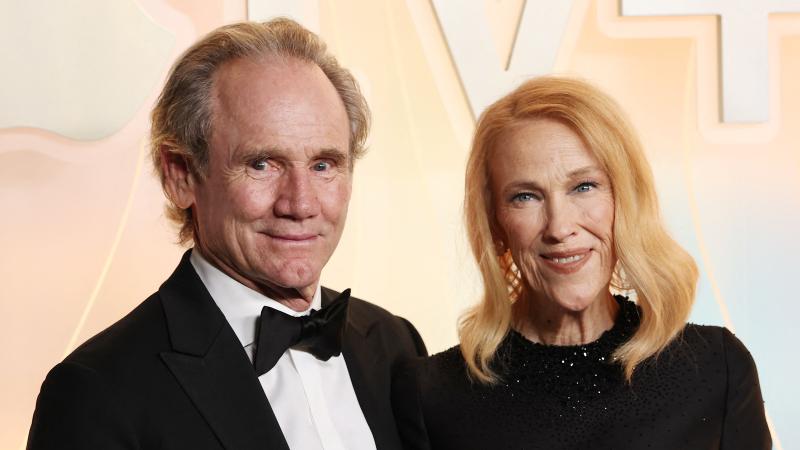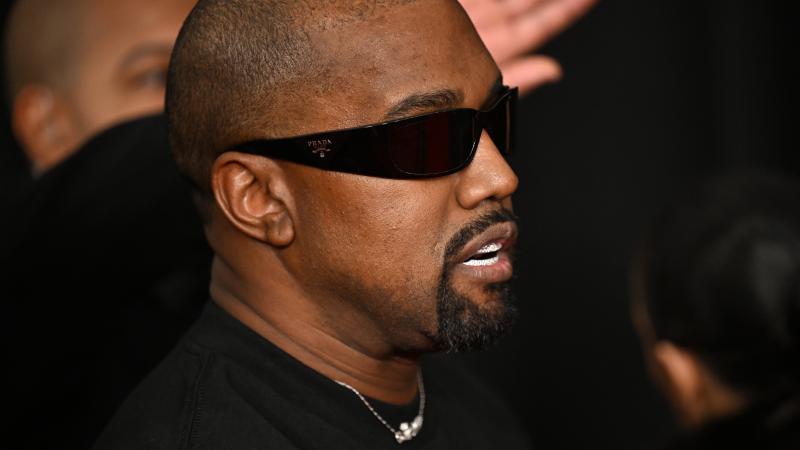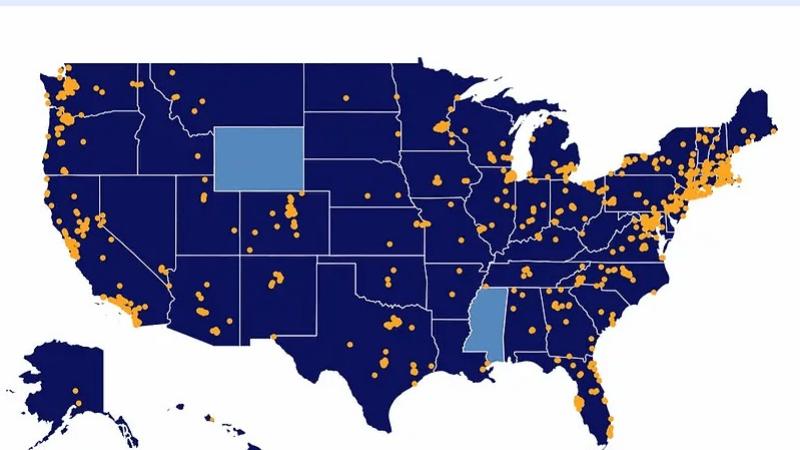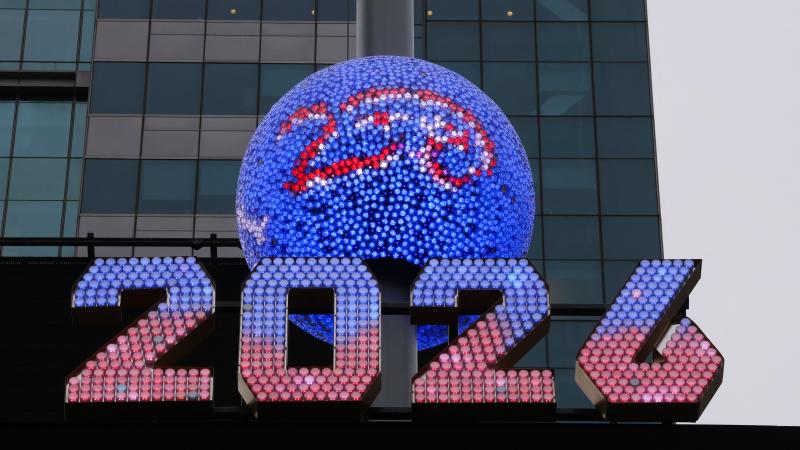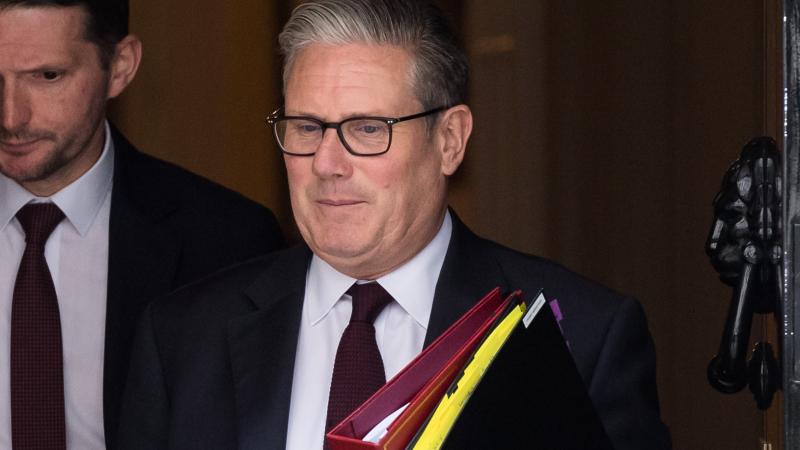US Olympic Committee bends to Trump, bars trans athletes from women’s competition
The USOPC’s rule intensifies the debate over transgender athletes’ participation in women’s sports, raising issues of fairness and safety as legal battles and the 2028 Los Angeles Olympics loom.
The U.S. Olympic and Paralympic Committee (USOPC) announced a major change on Monday, barring transgender athletes from competing in women’s competition, which will go into effect for the 2028 Olympic Games in California, where opposition to such biological standards has been fierce.
The decision comes after President Donald Trump signed an executive order in February called “Keeping Men Out of Women’s Sports.” The USOPC updated its Athlete Safety Policy on its website, telling sports groups like those for swimming, track, and fencing to follow the new rule. They say it’s because they’re a federally funded group and have to listen to the government after some “respectful” talks with officials. The National College Athletics Association (NCAA) has already made a similar move, only allowing athletes born female to compete in women’s sports.
The issue of transgender athletes in sports has been a flashpoint for both sides of the political aisle. During the 2024 election and even as recently as May, it's clear where the American public stands on the issue.
A Gallup poll conducted May 1-18 which surveyed 1003 adults found that 69% of respondents favor trans athletes competing based on their birth gender. The International Olympic Committee (IOC) formerly allowed transgender athletes to compete if they had undergone hormone therapy, starting back in 2004, and they loosened the rules in 2021 to be more inclusive. Many believe that transgender females (biological males) who went through male puberty have a biological edge, so sports like swimming, cycling, and track have been tightening their rules.
The poll noted that while "Democrats are currently divided on the issue, they do rank among the groups most in favor of allowing transgender athletes to play on the team that corresponds to their current gender identity. Political liberals are the lone major subgroup showing majority (57%) support for allowing transgender athletes to choose which team to play on."
The IOC, now led by Kirsty Coventry, says it’s all about protecting women’s sports, but each sport can make its own call. Some, like World Athletics and World Aquatics, already block transgender women who transitioned after puberty, while others, like soccer, are still figuring out testosterone rules.
The 2028 Summer Olympics will take place in California, against the backdrop of one of the nation's states most opposed to Trump's transgender athlete policies. The Golden State has staunchly defied the Trump administration’s efforts to ban transgender athletes from girls’ and women’s sports by upholding its own 2013 law allowing students to compete based on their declared gender identity.
The state rejected a June Department of Education directive to bar transgender girls within 10 days, and filed a preemptive lawsuit through California Attorney General Rob Bonta against the Justice Department’s claim of Title IX violations.
Despite federal lawsuits and threats to withhold billions in education funding, the California Interscholastic Federation (CIF) introduced a pilot program in May to balance inclusion by allowing additional cisgender female athletes to qualify for state championships if displaced by transgender athletes. Newsom’s administration has doubled down on its commitment to state law over federal law. Ironic still were his March 2025 remarks calling transgender participation “deeply unfair," which predictably sparked outrage from the trans community.
The new rule is not without controversy. Proponents of the pilot program, including several Republican lawmakers, support the measure, arguing it ensures fairness and safety in women’s sports, and aligns with Trump’s executive order threatening funding cuts for organizations permitting transgender athletes to compete.
Conversely, organizations like the National Women’s Law Center have criticized the rule as discriminatory, claiming it undermines the safety and inclusion of transgender athletes.
As the 2028 Los Angeles Olympics approach, the rule’s implications for athletes remain uncertain and the ongoing debate over fairness and scientific considerations continues to intensify.
The Facts Inside Our Reporter's Notebook
- (USOPC) announced
- 2028 Olympic Games
- Keeping Men Out of Women’s Sports
- been a flashpoint
- A Gallup poll
- formerly allowed transgender
- a pilot program
- participation “deeply unfair,"
- several Republican lawmakers
-
